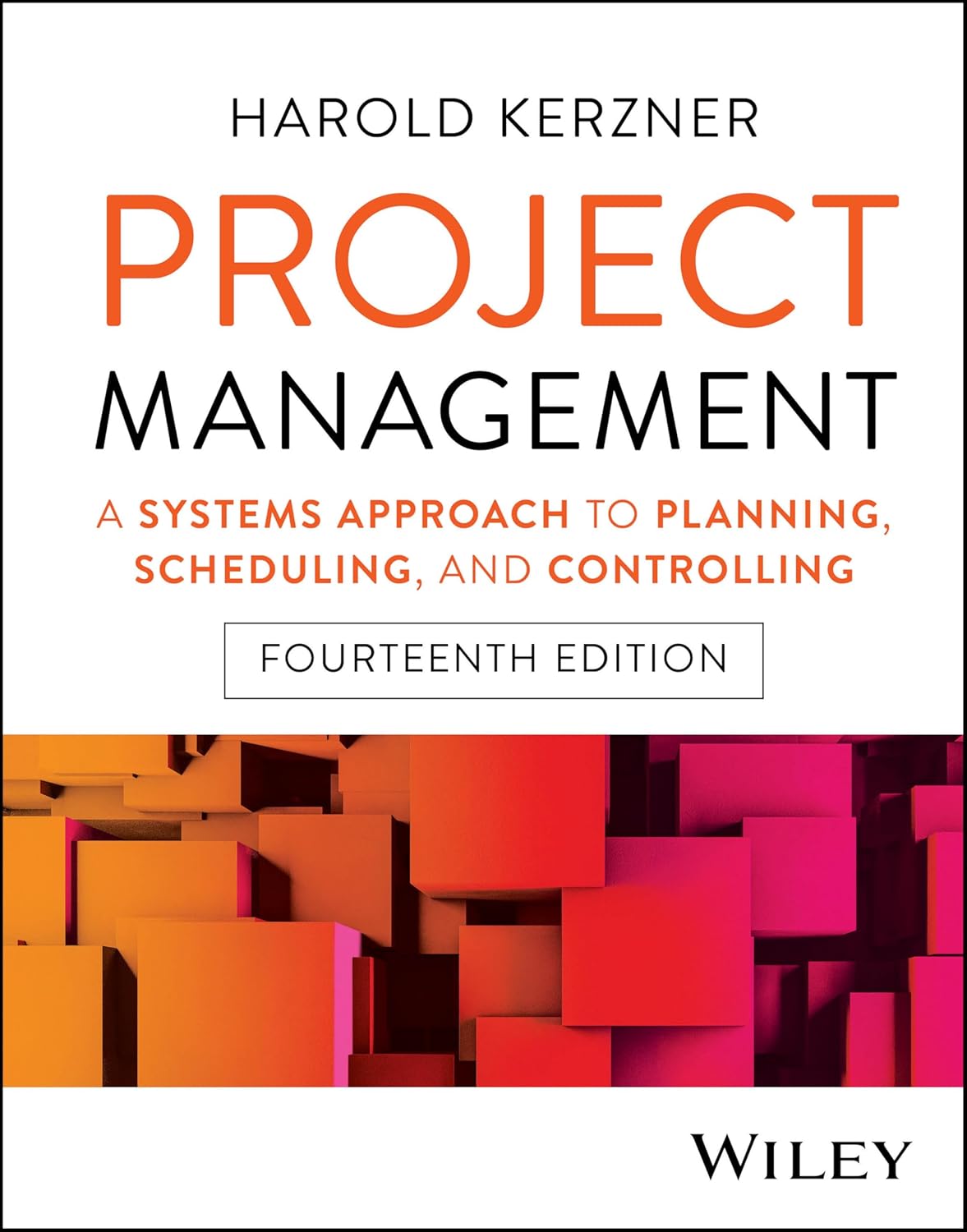
Project Schedule Management
What is Project Schedule Management?
Project schedule management is the process of planning, developing, managing, and controlling the project timeline to ensure it is completed on time and within budget. It involves identifying tasks, estimating durations, determining dependencies, and assigning resources. This process enables project managers to track progress, meet deadlines, and make informed decisions when delays or changes arise. Effective schedule management balances scope, time, and resources, making it a central component of overall project success.
Schedule management is part of the broader discipline of project time management and follows a structured approach. It typically includes creating a schedule management plan, defining activities, sequencing tasks, estimating resources and durations, developing the actual schedule, and controlling it throughout the project lifecycle.
Key Points
- It begins with a schedule management plan that outlines how the schedule will be developed and controlled.
- Activities must be clearly defined and sequenced to show logical order and dependencies.
- Estimating the duration of each activity requires input from team members and often draws from historical data or expert judgment.
- A well-developed project schedule includes start and end dates, milestones, and resource allocations.
- Schedule control involves monitoring progress, updating the schedule, and managing changes through techniques like performance reviews and forecasting.
Related Terms
- A critical path is the sequence of tasks that determines the shortest possible duration to complete the project.
- A work breakdown structure helps define and organize the total scope of the project, which is essential for accurate scheduling.
- Project milestones are significant points or events that indicate progress and are key components of any project schedule.
- Resource allocation is the process of assigning team members and other resources to tasks in the schedule.
- A Gantt chart visually represents the schedule, and project managers commonly use it to communicate task timelines and dependencies.
Project Schedule Management: Example
A construction company is building a new commercial office tower. The project manager lists all necessary tasks, such as site preparation, foundation work, and electrical installation, assigning each a time estimate and allocating the appropriate resources. Using project management software, the team sequences these tasks, highlights dependencies, and creates a Gantt chart to visualize the project’s progress. As the project progresses, the project manager regularly updates the schedule to reflect changes and delays, ensuring all stakeholders remain informed and the project stays on track.
Project Schedule Management: Best Practices
- Develop a detailed schedule management plan before work begins.
- Use reliable methods, such as expert judgment and historical data, for estimating durations.
- Regularly review and update the schedule to reflect real-time progress and changes.
- Involve team members in planning to ensure accuracy and accountability.
- Communicate schedule updates clearly to stakeholders, managing their expectations effectively
Additional Resources
Preparing for a PMI certification?
- Exam Prep Courses: PMP®, CAPM®, and PMI-ACP®
- Exam Simulators: PMP®, CAPM®, PMI-ACP®, PMI-PBA®, PMI-RMP®, PMI-SP®, PgMP®, and PfMP®
- Professional Development Units (PDUs): 15, 30, and 60 PDU Bundles




